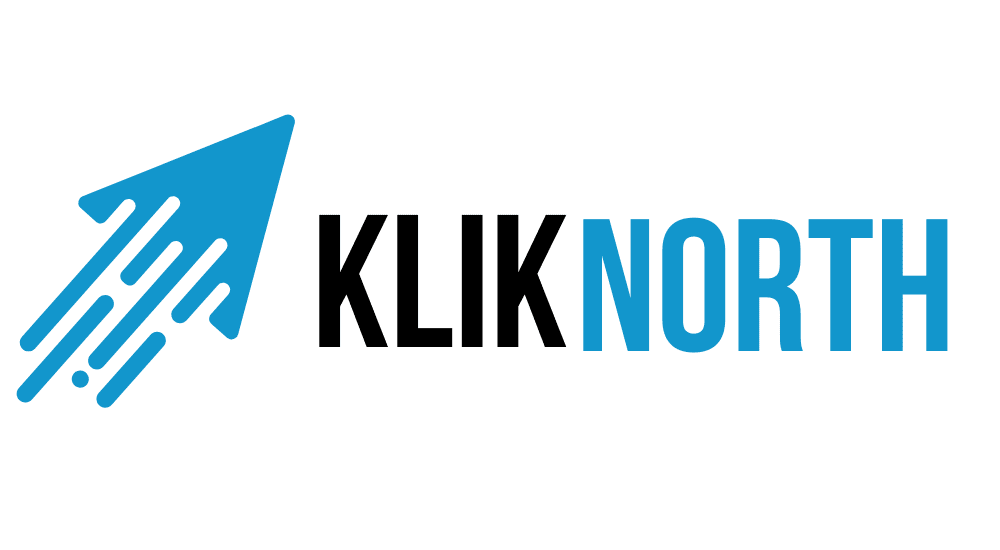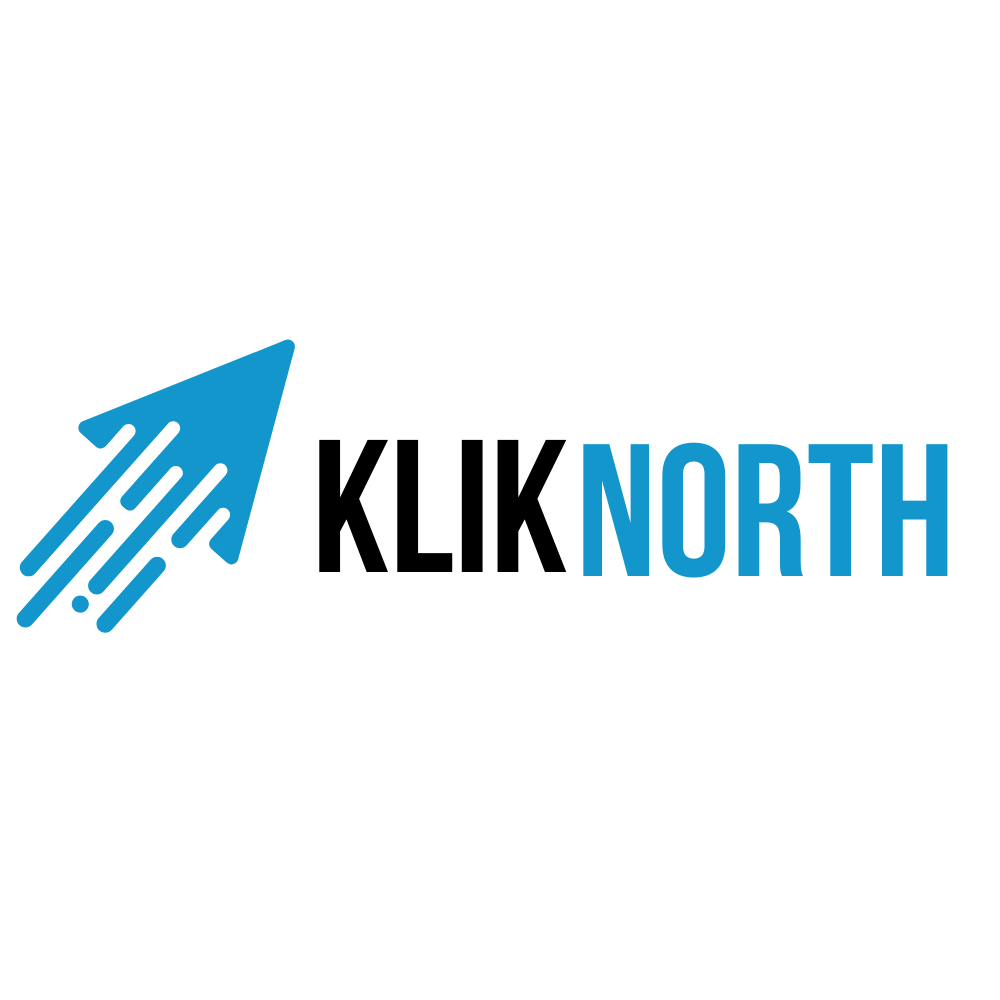The Ultimate Guide to Digital Marketing for Small Businesses
In this day and age, with everything being digital and moving quickly, small businesses have to be on their toes to compete and thrive. As with everything else in business, digital marketing has become the foundation on which success is built. Indeed, there is no limit to avenues through which one might expand, engage with, and convert prospective clients via the web. But do you know that 92% of the companies that have adopted an effective digital marketing strategy see leads and sales increase? Throughout this comprehensive guide, we are going to go into great detail on the new strategies, new tools, and new trends that will give small businesses a strategic advantage in 2024.
Why Digital Marketing Will Be Crucial for Small Businesses
With increased competition, digital marketing is no longer an option but a necessity for small businesses. In 2024, the digital space keeps on changing at an unprecedented pace, with those brands that won’t be able to keep up falling behind. From lead generation to building brand awareness, the list of benefits offered by digital marketing goes on and on.
With proper digital marketing, businesses can scale their reach, precisely target audiences, and engage customers in ways traditional marketing cannot. That makes one of the attractive features of digital marketing-ROI. On average, businesses that embrace online strategies have better customer retention and grow faster. For instance, a small business using social media marketing can increase its visibility locally while tapping into a global audience. Simply put, small businesses need digital marketing to compete and grow in 2024.
Understanding the Core Components of a Digital Marketing Strategy
A good digital marketing strategy typically consists of a few key pillars: SEO, PPC, social media, content marketing, and email marketing. This will be the core elements of driving traffic, generating leads, and increasing sales.
SEO or Search Engine Optimization: Optimizing your website for search engines means that your business will show up much higher in search results, making it much easier for potential customers to find your business.
PPC (Pay-Per-Click): Paid advertising like Google Ads allows you to reach targeted audiences quickly, generating immediate traffic and conversions.
Social Media Marketing: Your audience will create brand loyalty on your social platforms: Instagram, Facebook, and LinkedIn.
Content Marketing: Creating great content such as blog posts, videos, and infographics positions your business as an authority and aids in the meaningful engagement of your audience.
Email Marketing: Email is one of the best ways to nurture customers and deliver personalized offers that convert.
By setting appropriate goals, aligning digital marketing efforts with the objectives of the company, and monitoring performance, small businesses can create a robust online presence that drives results.
Search Engine Optimization (SEO) for Small Businesses
SEO is one of the most critical digital marketing strategies that a small business can utilize. It aims to optimize your website so that it ranks higher on search engines like Google, hence making it easy for potential customers to locate you.
Local SEO is fundamental for small businesses. In other words, whenever anyone searches for something “near me,” you would want your business near the top. The areas you want to focus on are the optimization of your Google My Business listing, capturing customer reviews, and the usage of location-based keywords. Valuable tools to conduct keyword research and track SEO performance include Moz, SEMrush, and Google Search Console.
Pay-Per-Click (PPC) Advertising for Small Businesses
In return, PPC advertising creates an effective avenue for small businesses to drive immediate traffic and generate leads. This is effectively used on popular platforms like Google Ads.
The beauty of PPC is that it’s highly targeted: you only pay when someone clicks on your ad. That means you can control your budget and reach the right audience. With A/B testing, you experiment with different ad copy,, and calls to action, which helps optimize performance and get the best value out of each dollar spent. This means small businesses on a limited budget will be able to generate quick ROI and even stand up against giant companies with less effort.
Social Media Marketing for Small Businesses
In 2024, there is no way a small business could ignore social media. From Instagram and Facebook to LinkedIn and TikTok, these are fantastic ways through which one could reach an audience, ensure brand loyalty, and drive sales.
Whichever target group one is addressing will have to use a different platform: LinkedIn for professionals, Instagram for fashion or food enterprises. It is necessary to create shareable content and hot topics that actually interest your audience. Other ways to widen the circle of reach and target certain demographics include running paid social media campaigns.
Besides, social media is an amazing avenue for connecting local influencers to small businesses. Partnering with social media influencers whose values align with your brand can help you reach new audiences and build relationships of trust.
Content Marketing: Creating Valuable, Engaging Content
The whole idea of content marketing involves creating something of value, informative, and delightful for your audience. Blog posts, videos, infographics, podcasts-the list goes on and on. The concept is about providing them with content that can educate, inform, or entertain in such a way that shows your brand.
Through content marketing, a small business establishes authority in its niche. For example, a well-maintained blog enhances SEO, drives organic traffic, and adds value to customers. Video content is about to take over the digital world in 2024, especially with YouTube, Instagram, and TikTok. By repurposing your content on several channels, you ensure reaching the most audiences with maximum utilization of your resources.
Email Marketing: Relationship Building with Your Audience
Even with the arrival of new digital channels, email marketing remains one of the best tools that a small business can use. It has the highest return on investment of any digital marketing channel; it averages $42 for every dollar spent on it.
The key to email marketing is that it is personalized. Building a segmented email list lets you send targeted messages that resonate with certain customer groups. Automated email campaigns can help to foster leads, welcome new customers, or even resurface a cold subscriber. For a small business, tools like Mailchimp and Constant Contact have made managing and tracking performance metrics in email marketing campaigns relatively easy.
Measuring the Success of Your Digital Marketing Efforts
The only way you will be able to tell if your digital marketing efforts are working is by measuring success through analytics. Tools like Google Analytics, Facebook Insights, and third-party reporting platforms help track the metrics of traffic to your website, the rate of engagement, conversions, and the ROI of your campaigns.
Key performance indicators (KPIs) to monitor include:
Traffic: How many visitors are coming to your site?
Engagement: How and how many users are interacting with your content by commenting, sharing, or liking?
Conversions: The rate of site visitors who make the move, to subscribe to your newsletter or buy something.
ROI: Are your marketing efforts delivering a positive return on investment?
Ongoing monitoring and analysis of these metrics will help you continuously improve your digital marketing strategy for further success.
Conclusion:
Digital marketing is the lifeblood of every small business in 2024. Mastering SEO skills, leveraging social media, and email marketing will put one in a good position to create a strong online presence, bring in more customers, and drive sales. The key to all of these is: to keep informed, adapt, and always finetune based on data-driven insights. The perfect time is now to create or ramp up your digital marketing strategy; your small business depends on it!






